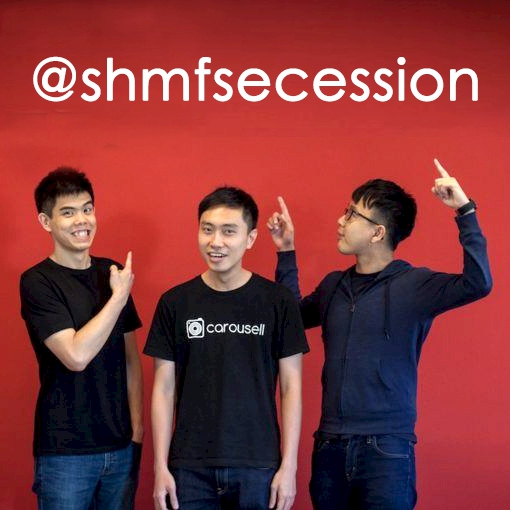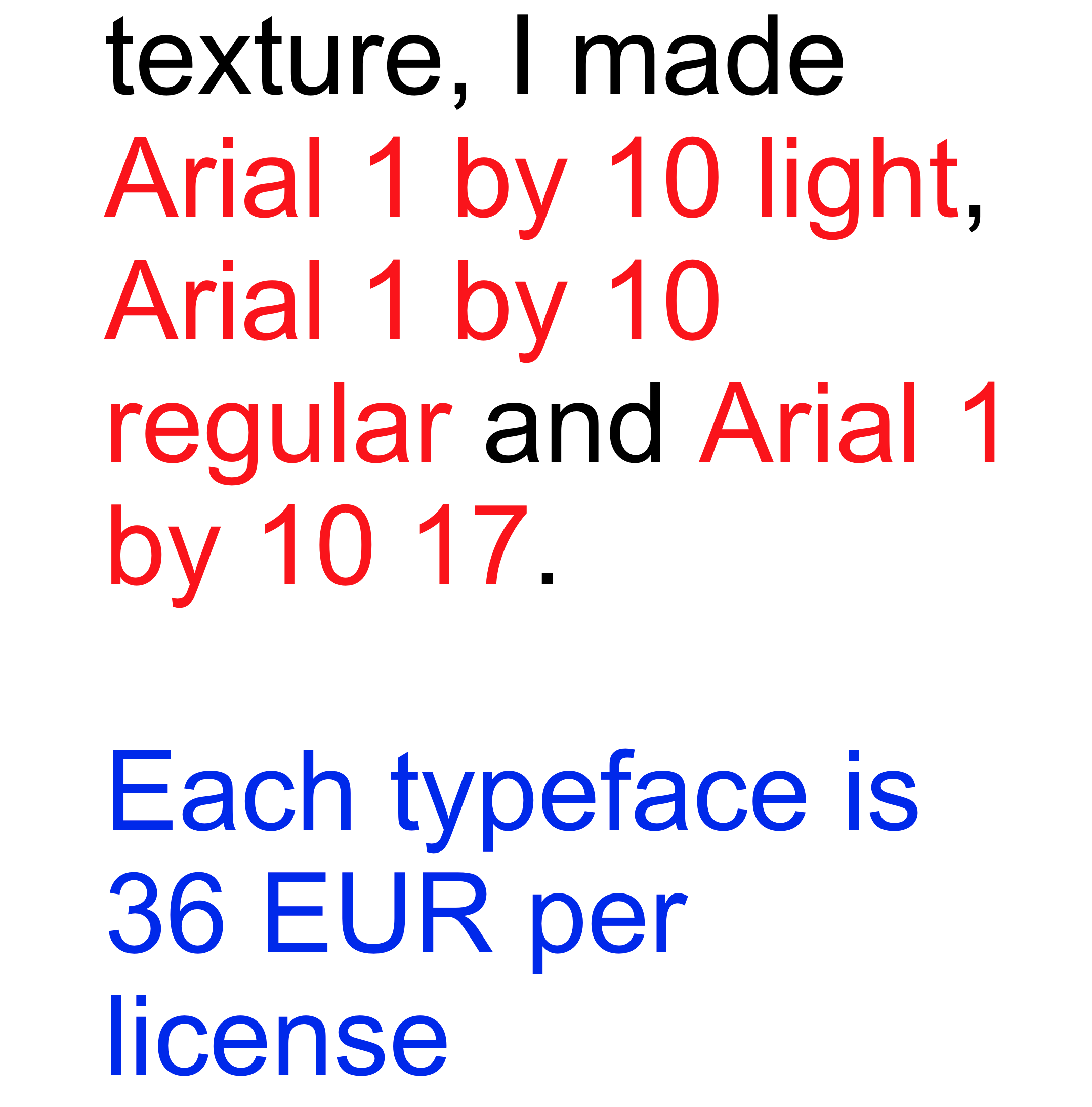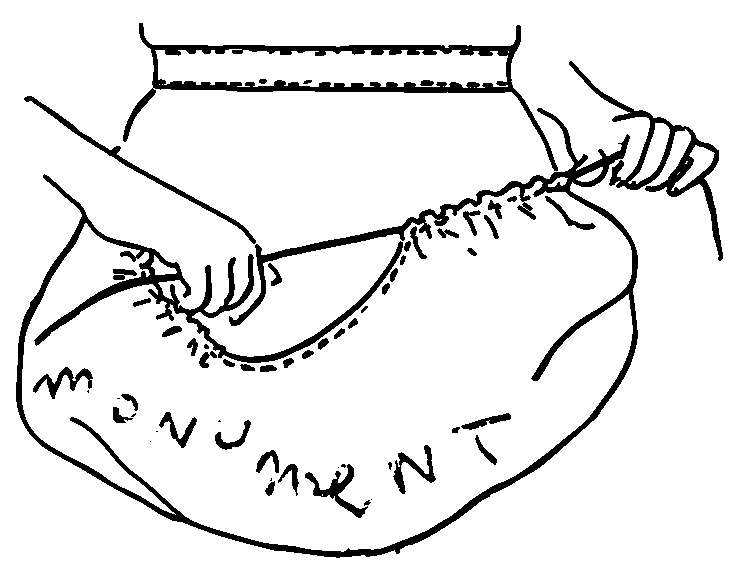廣告 ADS


“Do what you love”
“以愛情的名義”
In the Name of Love
[摘取於“以愛情的名義”,原文由《Jacobin》雜誌2014年1月出版]
[excerpted from “In the Name of Love”,Jacobin,January 2014]
“幹你愛幹的”是今天勞動者的口頭禪。可是如果像史蒂夫·喬布斯所提倡的那樣“幹你愛幹的”,那就“沒有所謂的勞動”了。那我們為甚麼要宣稱我們的階級利益呢?
“Do what you love” is the mantra for today’s worker. Why should we assert our class interests if, according to DWYL elites like Steve Jobs, there’s no such thing as work?
毫無疑問“幹你愛幹的”(DWYL)是我們這個時代的非正式口頭禪。問題是它沒法兒引領我們走上救贖之路,事實上“幹你愛幹的”只贬低了我們的實際勞動,甚至包括它所假裝推崇的勞動。更重要的是,它滅絕了大多數勞動者的人性。
There’s little doubt that “do what you love” (DWYL) is now the unofficial work mantra for our time. The problem is that it leads not to salvation, but to the devaluation of actual work, including the very work it pretends to elevate — and more importantly, the dehumanization of the vast majority of laborers.
網絡上經常把“幹你愛幹的”歸於孔子的“知之者不如好之者,好之者不如樂之者”——《论语·雍也》。奥珀拉·温弗里以及其他積極性的賣唱者也說了N多年了,可是近幾年最重要的DWYL傳道者是那位蘋果CEO。
Aphorisms have numerous origins and reincarnations, but the generic and hackneyed nature of DWYL confounds precise attribution. Oxford Reference links the phrase and variants of it to Martina Navratilova and François Rabelais, among others. The internet frequently attributes it to Confucius, locating it in a misty, Orientalized past. Oprah Winfrey and other peddlers of positivity have included it in their repertoires for decades, but the most important recent evangelist of the DWYL creed is deceased Apple CEO Steve Jobs.
“你需要去找到你所愛的東西。對於行動是如此,對於你的愛人也是如此。你的工作將會会佔據生活中很大的一部分。你只有相信自己所做的是偉大的工作, 你才能怡然自得。”
“You’ve got to find what you love. And that is as true for your work as it is for your lovers. Your work is going to fill a large part of your life, and the only way to be truly satisfied is to do what you believe is great work. And the only way to do great work is to love what you do.”
在這四句話裏,“你”和“你的”出現了八次。從喬布斯的嘴巴來講,焦點在個體上也沒有什麼不可思議的——就是說喬布斯能夠把自己形容為一種新的勞動者:有靈感,放鬆,熱情——都是愛情的態勢。喬布斯宣道的這種自我沉迷的勞動者是那麼的成功,以至於他穿的黑色高領毛衫和牛仔褲都變成了蘋果電腦與所有支撐蘋果的勞動力的一大符號。
In these four sentences, the words “you” and “your” appear eight times. This focus on the individual is hardly surprising coming from Jobs, who cultivated a very specific image of himself as a worker: inspired, casual, passionate — all states agreeable with ideal romantic love. Jobs telegraphed the conflation of his besotted worker-self with his company so effectively that his black turtleneck and blue jeans became metonyms for all of Apple and the labor that maintains it.
可是喬布斯描寫蘋果為一種“個體為愛而勞動”的幻景卻隱藏了幾千多沒有被敘述的蘋果工廠故事。那麼方便在地球的另一邊隱藏起來的廉價勞動力恰恰讓喬布斯實現了他的“愛”。
我們需要披露這種被抹除的暴力。雖然“幹你愛幹的”聽起來無害又寶貴,最終它會自我聚焦於一種自戀。
But by portraying Apple as a labor of his individual love, Jobs elided the labor of untold thousands in Apple’s factories, conveniently hidden from sight on the other side of the planet — the very labor that allowed Jobs to actualize his love.
The violence of this erasure needs to be exposed. While “do what you love” sounds harmless and precious, it is ultimately self-focused to the point of narcissism.
試想一下每一天喬布斯CEO手下的勞動場面:他吃的食物被從農田裏收獲,然後被送到很長的物流航線上;他公司的產品被裝配、被包裝、被寄送出去;蘋果產品的廣告劇本被寫出、演員被選出、短片被拍出;官司被打;辦公室的垃圾桶被清理、打印機的墨盒被更換。創造工作是一個互動的現象。雖然今天的勞動者壓力很大(包括很低的薪水、過高的兒童保育費用,等等),但是連統治階級裏的自由派都幾乎不承認這些是政治問題。可愛的精英階級看不到大多數勞動者。
對大面積勞動的忽略,以及將其歸類於所謂的“愛”,“幹你愛幹的”變成了我們最體面的反勞動者的意識形態。可是如果“沒有所謂的勞動”,我們為甚麼需要團結並宣稱我們的階級利益呢?
Think of the great variety of work that allowed Jobs to spend even one day as CEO: his food harvested from fields, then transported across great distances. His company’s goods assembled, packaged, shipped. Apple advertisements scripted, cast, filmed. Lawsuits processed. Office wastebaskets emptied and ink cartridges filled. Job creation goes both ways. Yet with the vast majority of workers effectively invisible to elites busy in their lovable occupations, how can it be surprising that the heavy strains faced by today’s workers (abysmal wages, massive child care costs, et cetera) barely register as political issues even among the liberal faction of the ruling class?
In ignoring most work and reclassifying the rest as love, DWYL may be the most elegant anti-worker ideology around. Why should workers assemble and assert their class interests if there’s no such thing as work?
“幹你愛幹的”這個說法以及它所推崇的“舒適的生活”,不僅僅贬低了支撐這種生活的真實的勞動,它也讓這種勞動變得不可見,它還傷害了很多它所假裝看高的職業,尤其是機構裏的職位。學術領域受到DWYL真言最大的禍害。為了追求他/她的斯堪的纳维亚神話或者非洲-古巴音樂史愛好,2000年代的博士生普遍放棄了高薪的金融和法律行業(雖然現在也沒有那麼高了)。
If DWYL denigrates or makes dangerously invisible vast swaths of labor that allow many of us to live in comfort and to do what we love, it has also caused great damage to the professions it portends to celebrate, especially those jobs existing within institutional structures. Nowhere has the DWYL mantra been more devastating to its adherents than in academia. The average PhD student of the mid 2000s forwent the easy money of finance and law (now slightly less easy) to live on a meager stipend in order to pursue their passion for Norse mythology or the history of Afro-Cuban music.
Sarah Brouillette在“學術勞動,管理美學以及自治勞動的許諾”一文中提到,“相信‘我們的勞動可以帶來非物質的報酬’對於我們的身份顯得比‘普通工作’更重要,於是我們就成為了管理者‘以最低廉的成本從勞動中搾取最大的利益’的理想目標。”
In “Academic Labor, the Aesthetics of Management, and the Promise of Autonomous Work,” Sarah Brouillette writes of academic faculty, “. . . our faith that our work offers non-material rewards, and is more integral to our identity than a “regular” job would be, makes us ideal employees when the goal of management is to extract our labor’s maximum value at minimum cost.”
最能體現我們的DWYL時代的是兼职教授和無薪實習者,而不是自足、快樂的勞動者。這些人被要求以很低的工資,甚至免費勞動,包括所有為了獲得大學學分而免費勞動的實習者與那些被拍買的時尚公司的實習職位(华伦天奴和巴黎世家品牌都曾經拍賣過一個月的實習職位),後者是勞動剝削最極端的例子。Pro Publica經過調研報告了無薪實習者在美國勞動力中的比例正在大幅度上昇。
Instead of crafting a nation of self-fulfilled, happy workers, our DWYL era has seen the rise of the adjunct professor and the unpaid intern — people persuaded to work for cheap or free, or even for a net loss of wealth. This has certainly been the case for all those interns working for college credit or those who actually purchase ultra-desirable fashion-house internships at auction. (Valentino and Balenciaga are among a handful of houses that auctioned off month-long internships. For charity, of course.) The latter is worker exploitation taken to its most extreme, and as an ongoing Pro Publica investigation reveals, the unpaid intern is an ever larger presence in the American workforce.
社會上最有吸引力的職位——包括服裝、媒體與創意行業——有最多的無薪實習者,並不是不可思議的。剝削大量願意為“社交貨幣”而無薪工資的勞動者早已是這些行業的老習慣了。他們都為自己所“愛干的”而勞動。可是這些通常更為人所“愛干的”工作機會自動忽略了社會上多數需要依賴工資生活的人。這種排除不僅僅凝固了經濟和專業領域的社会階層流動,同時也將這些領域與多元化的社會表達隔離開了。
It should be no surprise that unpaid interns abound in fields that are highly socially desirable, including fashion, media, and the arts. These industries have long been accustomed to masses of employees willing to work for social currency instead of actual wages, all in the name of love. Excluded from these opportunities, of course, is the overwhelming majority of the population: those who need to work for wages. This exclusion not only calcifies economic and professional immobility, but insulates these industries from the full diversity of voices society has to offer.
像Madeleine Schwartz在《Dissent》一書中所說的,這些依赖實習者的行業——服裝、媒體和藝術——剛好也是“女性化”的,這也不算巧合。DWYL的另一個很破壞性的結果就是它那麼殘忍地榨取女性很低甚至完全無薪的勞動。女性占低薪或無償勞動者的大多數;作為護理人員、兼職教授與無薪實習者,她們的數量遠超男性。重點是勞動,不管是GED的勞動還是博士們的勞動。普遍的看法還是“我們不儘儘為工資而勞動”。女人的勞動受制於大眾以為“女人是天生的養育者”和“女人殷勤”的陳詞濫調; 她們畢竟有史以來都在做無薪的養育子女、贍養老人以及家務勞動。而且,談錢也被認為是不娴淑的。
And it’s no coincidence that the industries that rely heavily on interns — fashion, media, and the arts — just happen to be the feminized ones, as Madeleine Schwartz wrote in Dissent. Yet another damaging consequence of DWYL is how ruthlessly it works to extract female labor for little or no compensation. Women comprise the majority of the low-wage or unpaid workforce; as care workers, adjunct faculty, and unpaid interns, they outnumber men. What unites all of this work, whether performed by GEDs or PhDs, is the belief that wages shouldn’t be the primary motivation for doing it. Women are supposed to do work because they are natural nurturers and are eager to please; after all they’ve been doing uncompensated childcare, elder care, and housework since time immemorial. And talking money is unladylike anyway.
所以在陷入“幹你愛幹的”以及孔子的“知之者不如好之者,好之者不如樂之者”這個溫暖而迷惑的陷阱之前,我們需要發問:讓勞動不像勞動到底給誰最大的利益呢?勞動者明明在勞動,為甚麼卻不讓他/她們意識到他/她們的勞動?”歷史學家Mario Liverani提醒我們,“意識形態的功能是給被剝削的人們一個良好的感覺,讓得不到利益的人有獲利了的錯覺。”
Do what you love and you’ll never work a day in your life! Before succumbing to the intoxicating warmth of that promise, it’s critical to ask, “Who, exactly, benefits from making work feel like non-work?” “Why should workers feel as if they aren’t working when they are?” Historian Mario Liverani reminds us that “ideology has the function of presenting exploitation in a favorable light to the exploited, as advantageous to the disadvantaged.”
偽裝它所開動的剝削性機制恰恰讓“幹你愛幹的”變成了資本主義的完美意識形態工具。它使他者的勞動不再重要,也遮蔽了我們自己付出的真實勞動。如果我們能夠認我們所付出的勞動為勞動,我們可以給它規定一個合法的限度,我們可以要求公正的報酬以及顧及到家庭和休閒的工作時間。
如果能夠這樣,也許我們就可以真正地去幹我們真正所愛幹的事情。
In masking the very exploitative mechanisms of labor that it fuels, DWYL is, in fact, the most perfect ideological tool of capitalism. It shunts aside the labor of others and disguises our own labor to ourselves. It hides the fact that if we acknowledged all of our work as work, we could set appropriate limits for it, demanding fair compensation and humane schedules that allow for family and leisure time.
And if we did that, more of us could get around to doing what it is we really love.






評價 Reviews
Comments
tan 4 years ago ★★★★★
这篇文章让我想到好几个层面的事情。它 确实揭露了某种“剥削”,但是这中间好像 也并没有这么简单。但也让我想到,这个 世界确实存在着不同状态的人,有人是有 意识觉知地选择自己的人生,有人只是被 动跟随,有人则是麻木无明状态。是需要 绝对的公平、共产、社会福利保障,或是 其他呢?
Your e-mail address will not be published
* 必填 Required fields